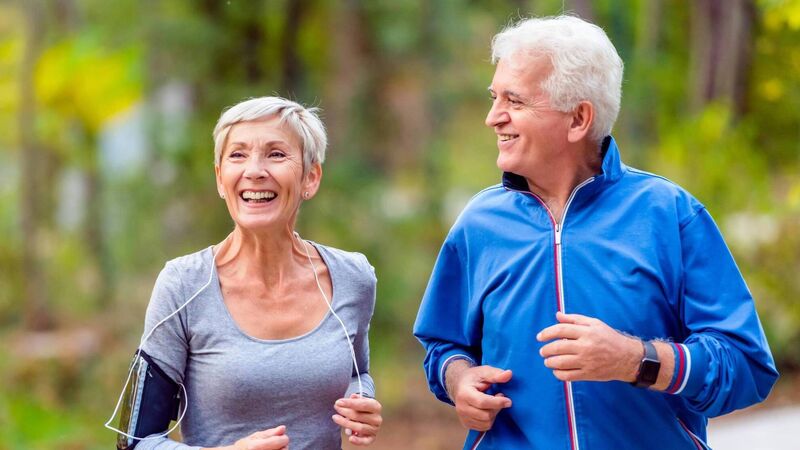Exercise among older people dropped significantly as the Covid-19 pandemic struck

Physical activity reduced more sharply in older age groups during the pandemic, the study found.
Exercise among older people across the EU dropped significantly as the Covid-19 pandemic struck, with older Irish people among the highest for dropping off on their activity routines, new European research has shown.
Those are just some of the findings of an analysis by Dublin-based EU agency European Foundation for the Improvement of Living and Working Conditions, or Eurofound, into the impact of Covid-19 on older people across the bloc.










